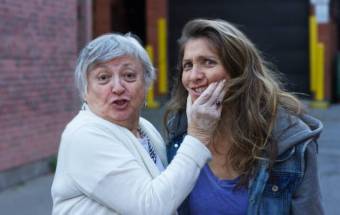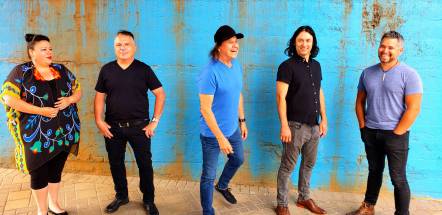Exploring the Yiddishe momme in all mothers WJT’s 25 Questions for a Jewish Mother searches for answers
Read this article for free:
or
Already have an account? Log in here »
To continue reading, please subscribe:
Monthly Digital Subscription
$0 for the first 4 weeks*
- Enjoy unlimited reading on winnipegfreepress.com
- Read the E-Edition, our digital replica newspaper
- Access News Break, our award-winning app
- Play interactive puzzles
*No charge for 4 weeks then price increases to the regular rate of $19.00 plus GST every four weeks. Offer available to new and qualified returning subscribers only. Cancel any time.
Monthly Digital Subscription
$4.75/week*
- Enjoy unlimited reading on winnipegfreepress.com
- Read the E-Edition, our digital replica newspaper
- Access News Break, our award-winning app
- Play interactive puzzles
*Billed as $19 plus GST every four weeks. Cancel any time.
To continue reading, please subscribe:
Add Free Press access to your Brandon Sun subscription for only an additional
$1 for the first 4 weeks*
*Your next subscription payment will increase by $1.00 and you will be charged $16.99 plus GST for four weeks. After four weeks, your payment will increase to $23.99 plus GST every four weeks.
Read unlimited articles for free today:
or
Already have an account? Log in here »
Hey there, time traveller!
This article was published 12/11/2021 (1487 days ago), so information in it may no longer be current.
Diane Flacks was at her nephew’s Bar Mitzvah in Missouri last weekend, and her parents came along for the trip to see the latest member of their family become a man according to Jewish law — old enough to read from the Torah, but not old enough to legally drive a Honda Civic.
After the service, Flacks’ 81-year-old mother Lily started snacking, and she could sense something was off with her mom. “What’s wrong?” asked Flacks, an award-winning actor and writer from Toronto. “I eat because I’m nervous,” her mom replied. Why? Because her 19-year-old grandson was on an airplane.
“She wanted me to call him,” laughs Flacks. “I said I can’t call him. He’s on a plane!”
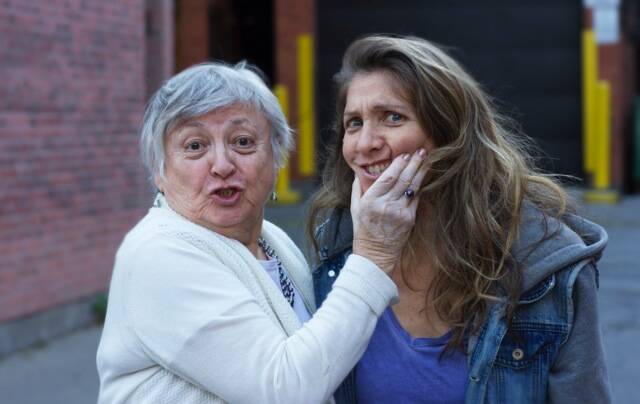
It’s an instinct that Flacks — who stars in the Winnipeg Jewish Theatre’s upcoming production of 25 Questions for a Jewish Mother — understands: her mother survived the Holocaust as a child. Could she blame her for being a tad overprotective of her own young?
As a Jewish mother herself, Flacks has been interested in exploring the idea of Jewish motherhood, a trope in both art and real life that’s characterized by worry, anxiety, fear, protectiveness, nurture, rigidity and love. A Jewish mother can dish out life lessons, cultural teachings, guilt trips and matzo ball soup, all in the same ladle.
Like most tropes, that of the Yiddishe momme is grounded in some truth, but can quickly veer into stereotype. What intrigued Flacks about the production — a reimagining of Judy Gold and Kate Moira Ryan’s renowned one-mother play and book — was it showed that motherhood, like Judaism, exists on a spectrum; it’s not a mamma-lith.
“I think we talk a lot about appropriation. Do you have to be a Jewish lesbian mother to play this part? No, you don’t. But it certainly helps!” – Diane Flacks.
Flacks saw in Gold’s original character — a six-foot-three lesbian Jewish mother and comedian — a kindred spirit. At five-foot-three, and a lesbian herself, Flacks says she and Gold led somewhat parallel lives, minus a foot.
“I think we talk a lot about appropriation. Do you have to be a Jewish lesbian mother to play this part? No, you don’t. But it certainly helps!” she says.
Both had questions about their religion, their identity and where they fit into the grand saga of Jewish life. To find answers, in the early 2000s, the Emmy-winning Gold sat across kitchen tables from Jewish mothers across the U.S., turning their answers with Ryan into the basis for a one-woman show wherein Gold portrayed 20 characters.
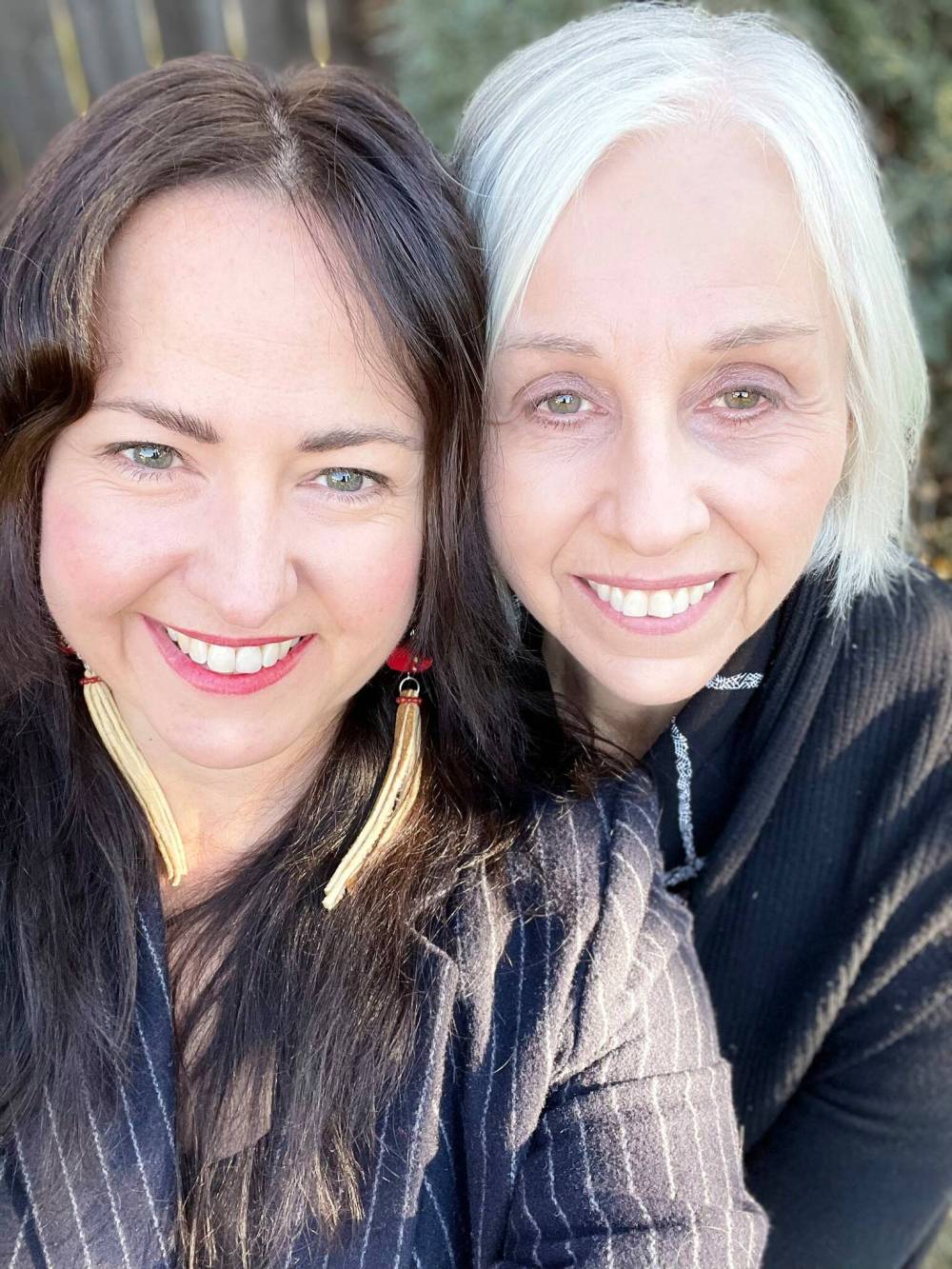
The WJT’s production, directed by Krista Jackson with associate director Angelica Schwartz, takes the bold step of casting real Jewish mothers from the Winnipeg Jewish community for 10 of those roles, with Flacks playing the rest, plus the fictional daughter Ruth.
On a sparsely decorated set, the local mothers — Mariam Bernstein, Terri Cherniack, Amy Lee, Gail Asper, Karla Berbrayer, Jessica Cogan, Rochelle Kives, Primrose Madayag Knazan, Debbie Maslowsky and Miriam Kohn — sit around a long table atop chairs from their own dining rooms, surrounded by their own Jewish cookbooks.
Jackson was convinced to do the play almost as soon as the theatre’s artistic director Ari Weinberg sent it to her. She’d previously collaborated with the Winnipeg outfit on its 2019 production of Bar Mitzvah Boy, and was eager to do it again.
“I had never read anything like this play before,” says Jackson, a former associate director of the Royal Manitoba Theatre Centre, founding artistic director of Winnipeg’s zone41 theatre, and a winner of the Stratford Festival’s Jean Gascon Award. “I got really excited about bringing this piece to life with the Winnipeg Jewish community and with Diane. It was a really easy decision to say yes.”
In a hybrid live-recorded performance, which will be shown at the Berney Theatre Nov. 15 as part of the Tarbut Festival of Jewish Culture, each mother is asked a question (eg: “What’s your biggest regret?” or “Did you raise your sons differently than your daughters?”) giving monologue answers that came from Gold’s cross-country search, with a few modifications.
“Listening to everyone for the first time, they were all so good,” says Miriam Kohn, a mother of two and baba to four, as well as the sitting president of the Jewish theatre. “We were mostly amateurs around the table.”
Amateurs as actors, perhaps, but preparation for the roles has been happening their entire lives, Jackson and Kohn agree on a Zoom call.
Underneath every Jewish mother, and likewise any mother or parental figure, is the influence of those who may or may not be biological parents, stacked on top of one another like a Yiddish nesting doll. Traditionally, Judaism is a matrilineal religion, but it isn’t just Jewish identity, brisket recipes, or genetic material getting handed down: it’s ways of being and approaching the world.
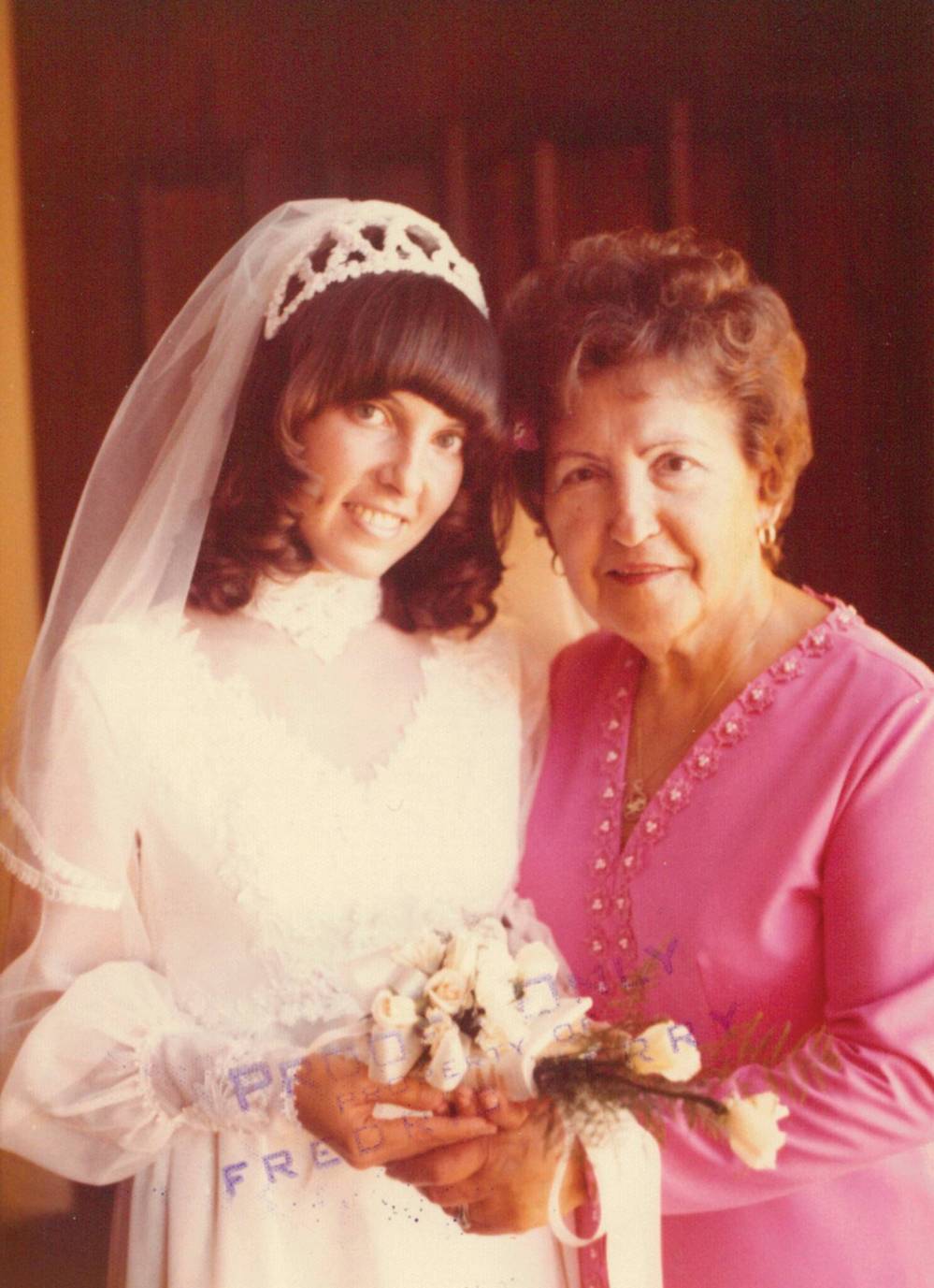
When Kohn was only 23, her mother Shaindel Kohn died. Her kids never met their grandmother, but that didn’t mean they didn’t know her.
“I feel like I spend most of my life keeping my mother alive through myself,” she says. “People who knew her say, ‘Oh my God, you’re so like your mother.’ And then there are people who never knew her but feel like they do because of how you talk about her or how you are.” Despite playing a riotous send-up of a stereotypical Jewish mother in the production, Kohn could still see herself and other mothers she knew represented on stage.
Flacks says that’s what makes the play work: everyone can connect to the story, regardless of religious upbringing. Cast-members and audience members alike can see their own lives superimposed in the mothers, because they are expressing universal, biological truths of anxiety, survival, humour, love and tradition.
“Nobody was even trying to act,” says Flacks. “They offer these words up as information to sit there on the table with the challah, and then we say, ‘How do you feel about that?’ “
Now, there’s a question for a Jewish mother.
There will be a one-night-only viewing party of 25 Questions for a Jewish Mother in the Berney Theatre on November 15 at 7:30 p.m. as part of the Tarbut Festival of Jewish Culture. It will stream Nov. 15-28. For tickets visit www.wjt.ca.
ben.waldman@freepress.mb.ca

Ben Waldman covers a little bit of everything for the Free Press.
Our newsroom depends on a growing audience of readers to power our journalism. If you are not a paid reader, please consider becoming a subscriber.
Our newsroom depends on its audience of readers to power our journalism. Thank you for your support.



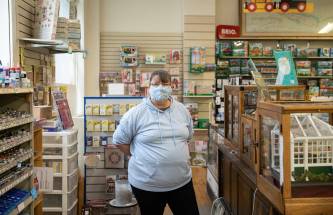

.jpg?h=215)

